AO Edited
Beehive Brick Kiln
The last of nine massive kilns that produced many of the red bricks for buildings in Washington, D.C. and northern Virginia in the early 20th century.
Many famous buildings in Northern Virginia and Washington, D.C. owe their longevity and fortitude to red bricks that were made in this kiln or eight others like it situated within the nearby Occoquan Workhouse.
The last of these giant kilns stands along the banks of the Occoquan River, taking point of pride in Occoquan Regional Park, next to the nicely designed visitor center. The nearly 100-year-old kiln produced millions upon millions of bricks between 1910 and 1967, including those used to construct the Lorton Correctional Complex, which still stands today as a nearby arts center and residential area.
The kiln was operated largely by imprisoned laborers at the Lorton Workhouse Prison. The first prisoners arrived in 1910, and lived in tents by the river while constructing many of the prison buildings. It was the product of a Progressive Era reform policy, designed to rehabilitate the people incarcerated there through fresh air, hard work, and short sentences. A women’s facility opened nearby in 1912, which held a number of those arrested during the women’s suffrage movement in D.C.
Incarcerated laborers used the massive kilns to produce bricks, then moved them to the river where they would be transported by boat.
The kiln stands 15 feet tall with a diameter of 30 feet, and an adjacent 40 foot tall chimney. Visitors are encouraged to look all around the kiln and into its doors, but access inside the kiln is off limits.
Know Before You Go
There is parking within easy walking distance to the kiln.





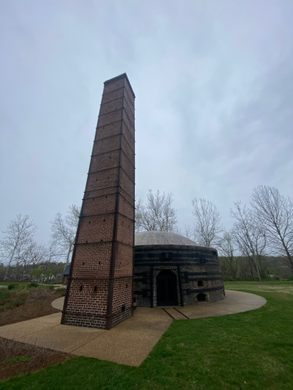
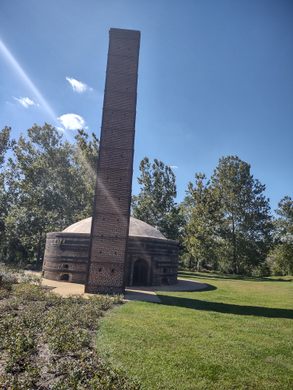






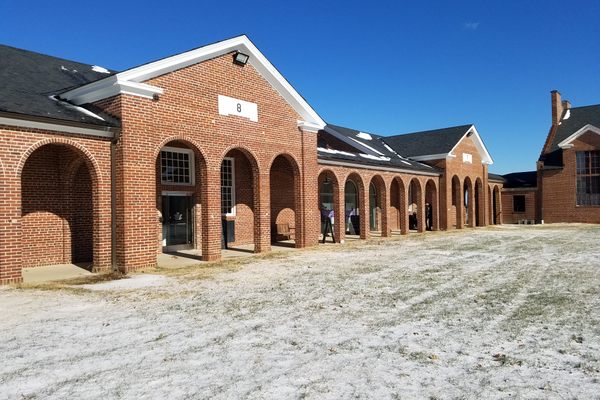



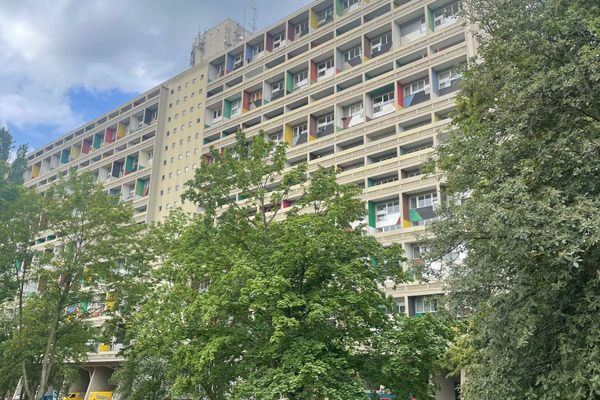

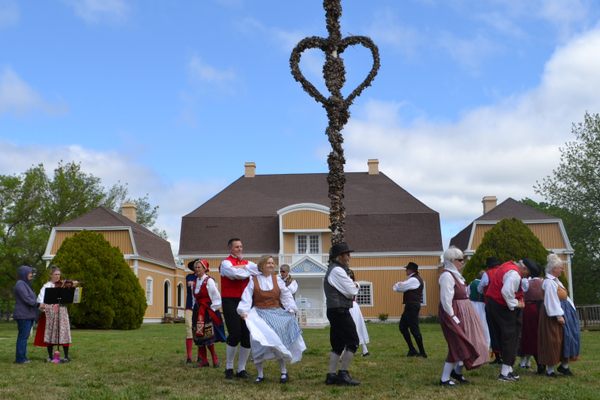

Follow us on Twitter to get the latest on the world's hidden wonders.
Like us on Facebook to get the latest on the world's hidden wonders.
Follow us on Twitter Like us on Facebook